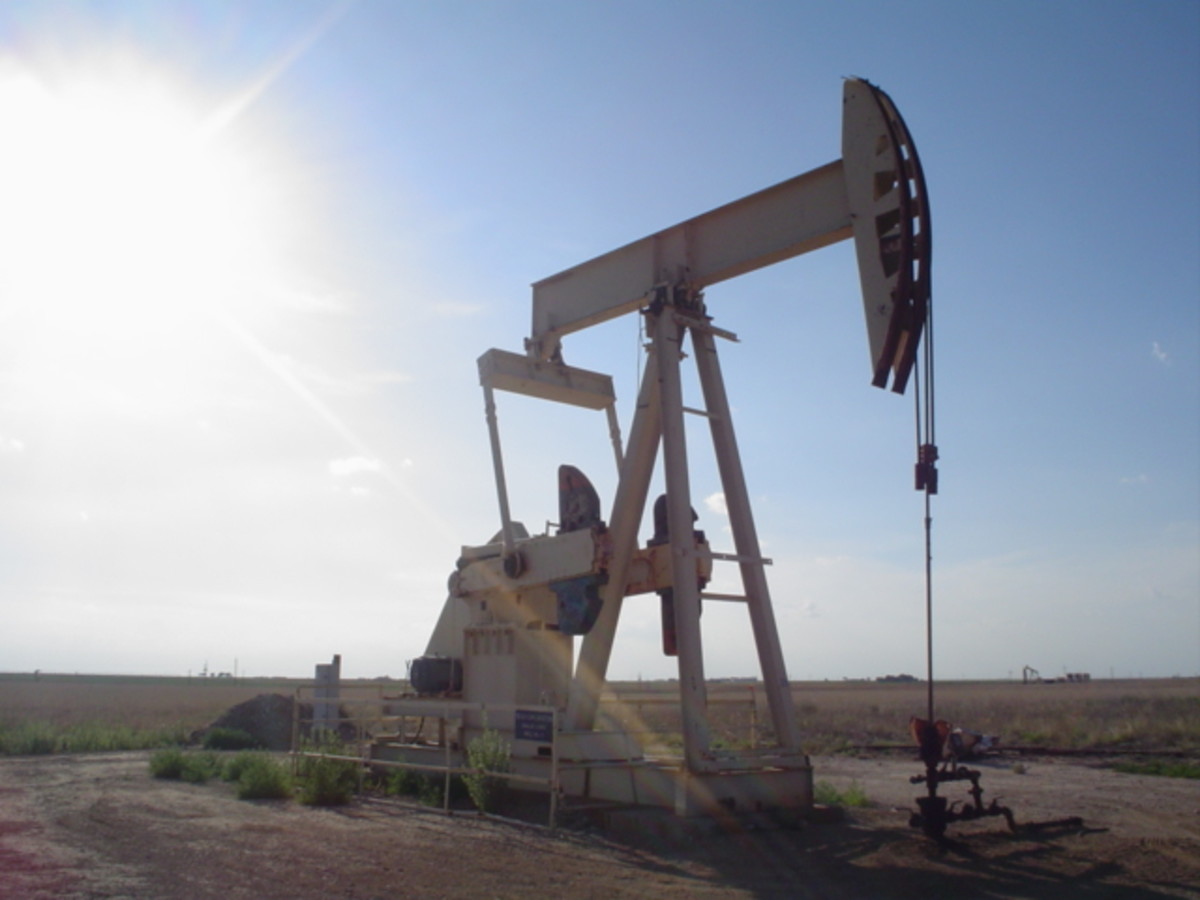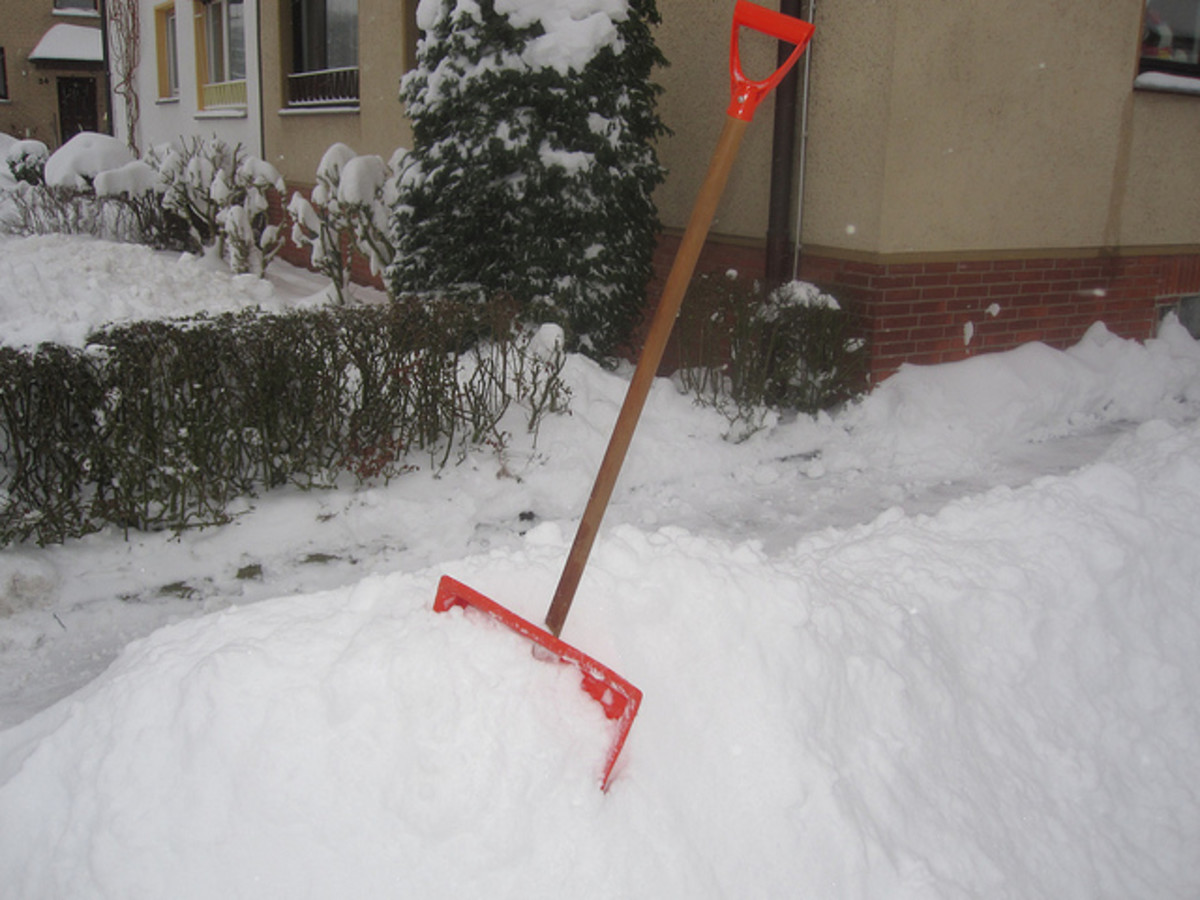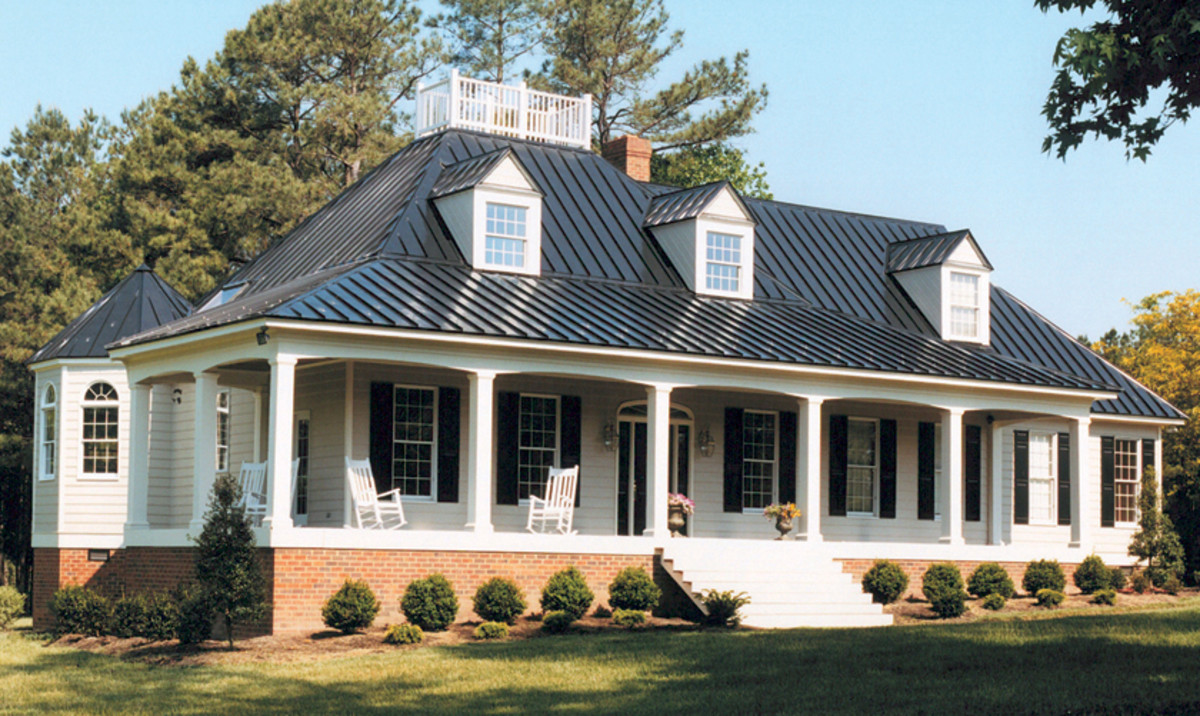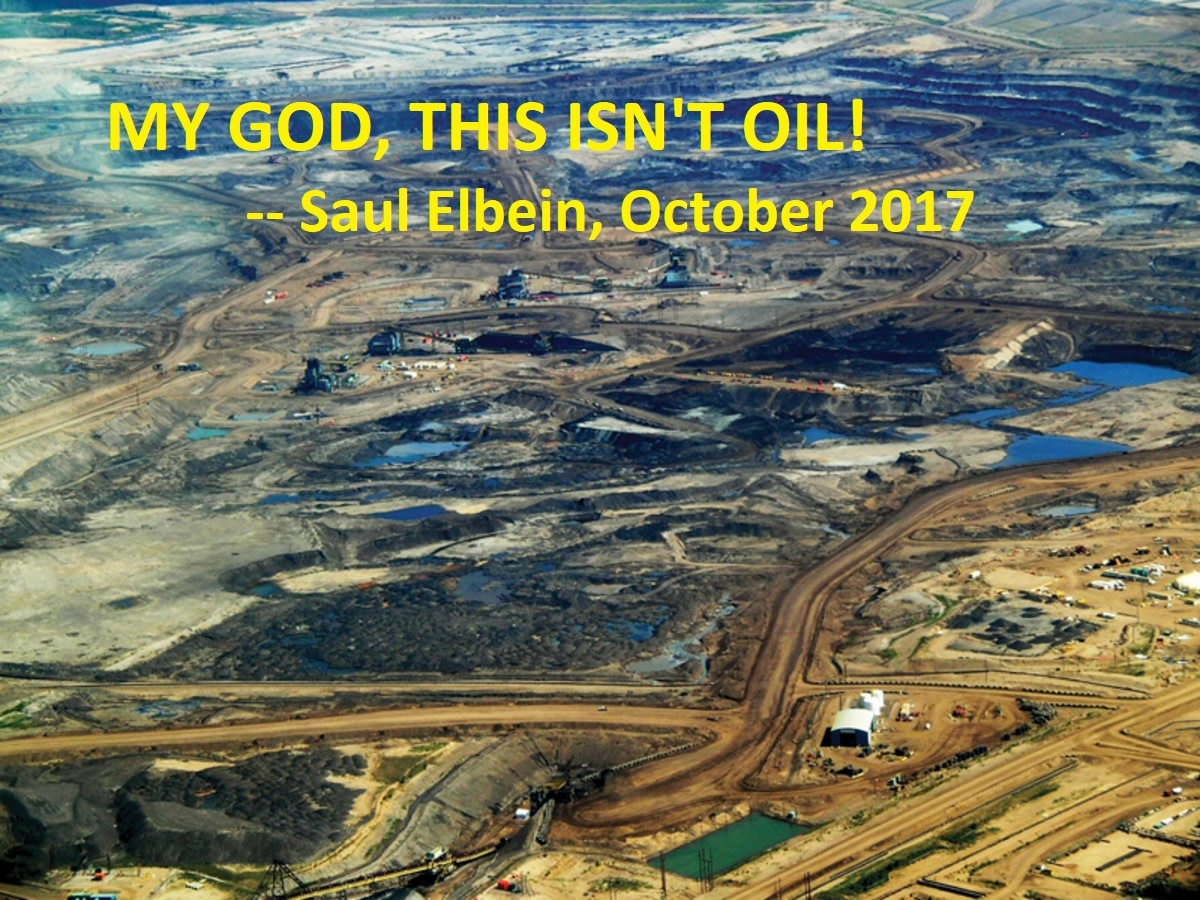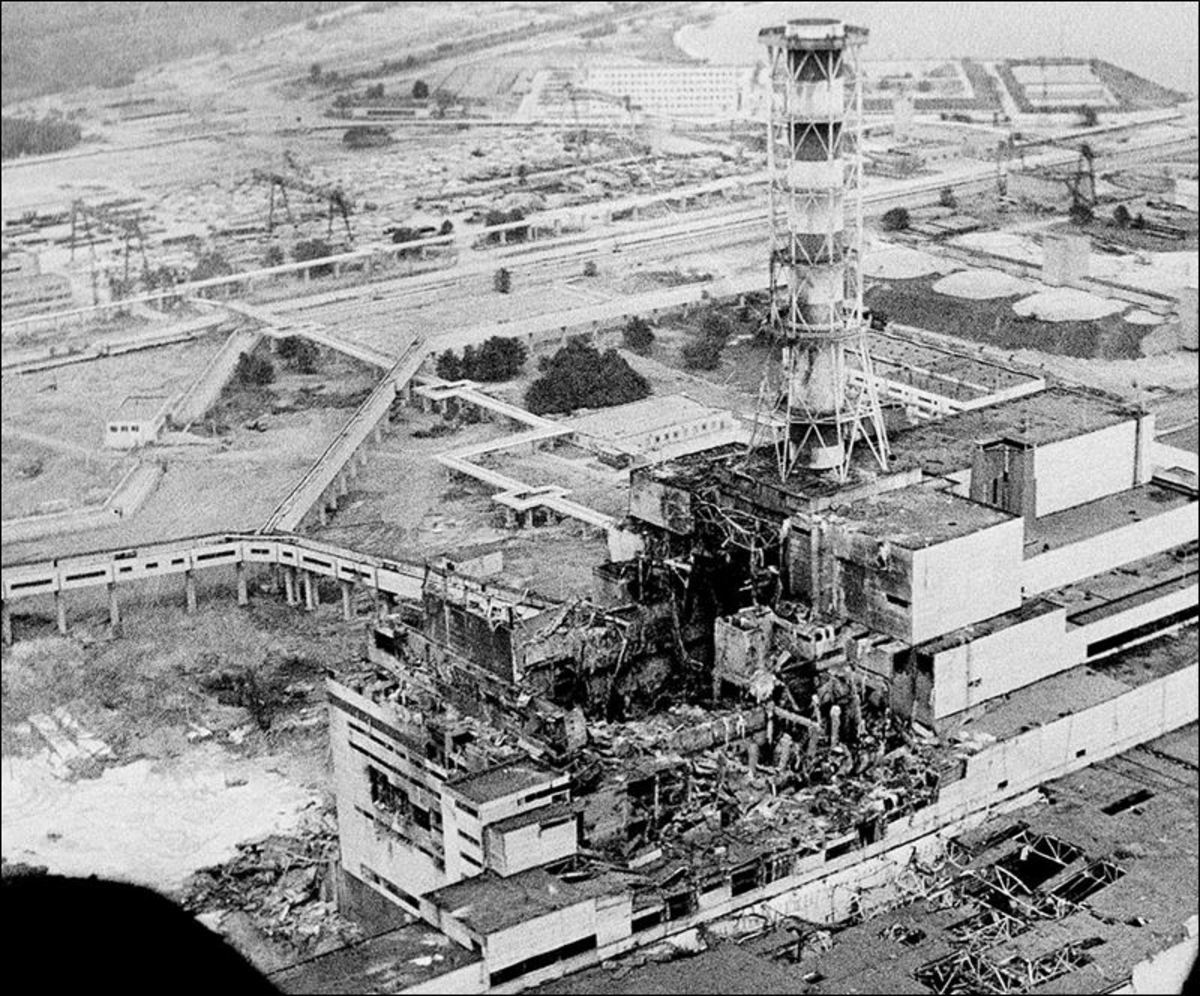Urban Greening or Individual Survival?
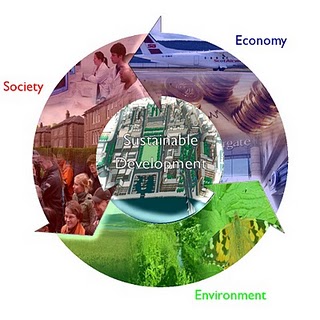
I recently read a very well-written article by Alex Steffen called "Resilience and Ruggedness: Why Faster, Bigger and More
Complex May Be Better", in which he states that he believes
that to achieve genuine sustainability, we must concentrate on "making
sustainable places, and in the modern world, where metropolises drive
the economy and culture, that means making sustainable cities". He
suggests that we should be directing more of our energies towards
building high density, green urban areas, and not so much towards
individual, more secluded efforts.
I found this article to be very thought-provoking and interesting, in
spite of some of the opinions of his readers as to its shortcomings.
The dilemma that he has put forth is the same one that I, myself, rack
my brain over constantly. I'm sure plenty of other people have wondered
about this, too. Will the system provide for us? Or will it collapse
and leave us all helpless, to fend for ourselves? Can we make our
government do the right thing? Or are we on our own?
We all know we are at Peak Oil, and that the way we live is not
sustainable; and what's more, the systems we all depend on are about to
come crashing down at our feet. It is inescapable that we must come up
with a substitute that is not only sustainable, but that will ensure our
own individual survival.
I believe that many, including myself, have recognized that due to the
difficulty (impossibility?) of mobilizing the masses without intelligent
and cohesive direction by our government, together with the concerted
efforts of a crowd of the most talented engineers, scientists,
architects, ecologists, economists, and agriculturists all working
together, it is highly unlikely that widespread, across-the-board urban
greening projects like this could ever happen. The plain truth is that,
given the corruption, greed, and corporatist takeover of all of our
systems, it is not likely that any utopian vision of building new,
large-scale systems for the equitable survival of us all, will ever
become a reality.
I am certain that without a clear vision and dedication of purpose on
the part of "the powers that be", and the removal of all negative and
counter-productive political and corporate interests, it will not be
possible to achieve utopian "urban greening" on a mass scale.
It's a nice vision, but given the reality of greed, corruption,
political maneuverings, and corporate strangle-holds inherent in every
organization, and throughout all of our present systems, it's just
simply not going to happen. The only kind of "mass green urban
construction" we are going to get is the kind that is going to cost us
our every last penny, is going to make big, new monopolistic "green"
corporations a whole bunch of money, will keep us under the foot of the
"masters" for generations to come, and will happen only for their
benefit and not ours.
My conclusion is that since we can not realistically expect "utopia" to
happen, then we must start somewhere. And that "somewhere" is with
ourselves. With each of us; personally, and individually. We must stop
relying on the "system", and we must refuse to be a part of it. The
"system" as we have known it, is a sinking ship, and it's time we jumped
off and let it go. We must make up our minds to do this, and just do
it. Work toward this goal, little by little, but with determination.
Get out of the cities, and get to a rural area, if you can - somewhere
where you can still get land for cheap (the southern states still have
land for $1500-$2500 an acre!) Learn how to drive a well, and learn how
to build a solar/wind power system. Learn how to build an
energy-efficient dwelling. Learn how to grow, harvest, and preserve
food. Make friends and hook up with other like-minded people, and form
communities. Share knowledge and skills, and work together on building
sustainable community projects.
Once you get your project going, hook into the larger communities around
you, with the object of creating alternative social, political,
economic and employment networks. It will be essential to build new
economies and means of income, because the ones in place now are
failing, and will soon fail entirely. Our economy has been built on a
fictitious foundation of manufacturing and credit, which have been based
on the availability of oil, and both of which have collapsed, and are
no longer viable. (If you don't believe that, try to find a T-shirt
that was made in the USA, or a job in a factory!)
We must take back the manufacturing of our own products, earn and keep
our own profits, and we must figure out how to do it perhaps without oil
- basic necessities made locally. The integrity and skill of the
craftsman or tradesman will be in high demand again very soon.
We must relearn the skills that our ancestors knew: skills necessary for
survival, that we can use in a Post Peak Oil world, where we will no
longer be able to depend on the power grid, nor on present means of
transportation and communication.
Think about trades you could learn that would be in demand in a world
without oil. Consider things such as home building, wood-cutting,
well-digging, alternative energy installations, agriculture, food
preparation and preservation, wireless networks, communications, and
animal husbandry. We will need people who can build wireless networks
so we can continue to be able to communicate with each other. And we
need to work on how to power machinery for agriculture and for
transportation, without oil.
Don't give in to feelings of despair and inadequacy. Dig down into your
own inner strength, and your resourcefulness. Picture in your mind
what things might be like if the oil runs out, the power grids go down,
and the economy fails - and think about how you personally could
contribute with a needed skill, and how you can fit your own talents
into this new way of living. For example, I have learned how to build a
solar energy system with a wind turbine, I could raise food and
preserve it, and also I know I could raise a healthy flock of chickens!
What do you think you might be good at?
Preparing for Peak Oil is not going to be done overnight. This involves
a complete and total restructuring of our values, our expectations, and
our way of life. It has to start with each one of us. And the natural
consequence of us all doing this, will be that we will, over time,
build a new way of living, new communities, and new economies. Even the
way government works will change - it will necessarily become more
local, and will be based on completely different priorities.
Creating those "pockets" of green within urban and suburban areas will
later be very important, and should not be disdained as of small value.
When our power grids go down, and when there is no gas for farm
machinery, nor for those trucks that transport food to the supermarkets,
those pockets will be feeding the rest. If you intend to stay living
in a city, you should either be creating one of those green pockets, or
you should be joining up with one.
Learn how to survive with less, and how to take care of yourself. Your
ancestors did it. They built and lived in sod or cob houses, raised
their own food and livestock, made their own clothing and furniture, and
they did NOT have electricity, nor did they have cars. With the
knowledge and technology we have today that they did NOT have, we can
learn how to live a much better life than they did. We know about solar
and wind energy, disease prevention, sanitation, and many other things
now, that can help us make the transition into a new, better, and more
sustainable way of life without oil quite successfully!
We Americans are a tough and resourceful bunch - we hacked our way
through the wilderness before! And we can do it again!


